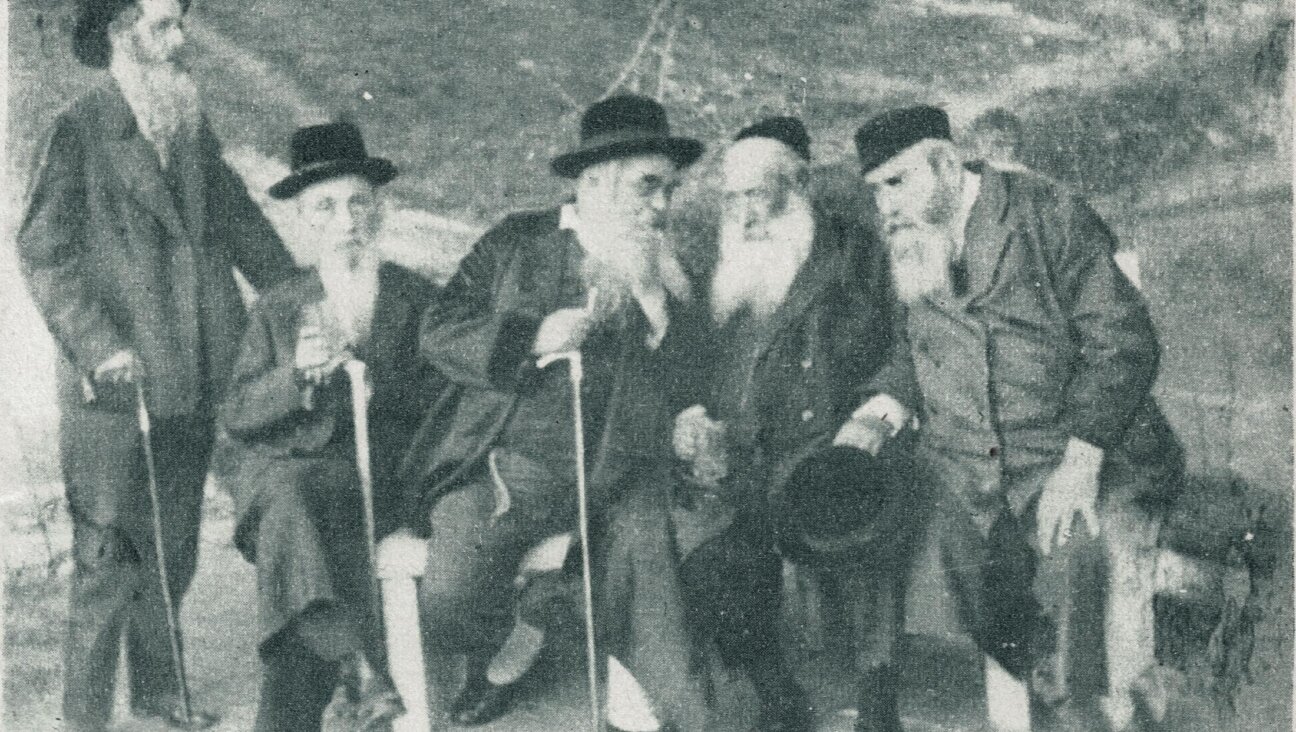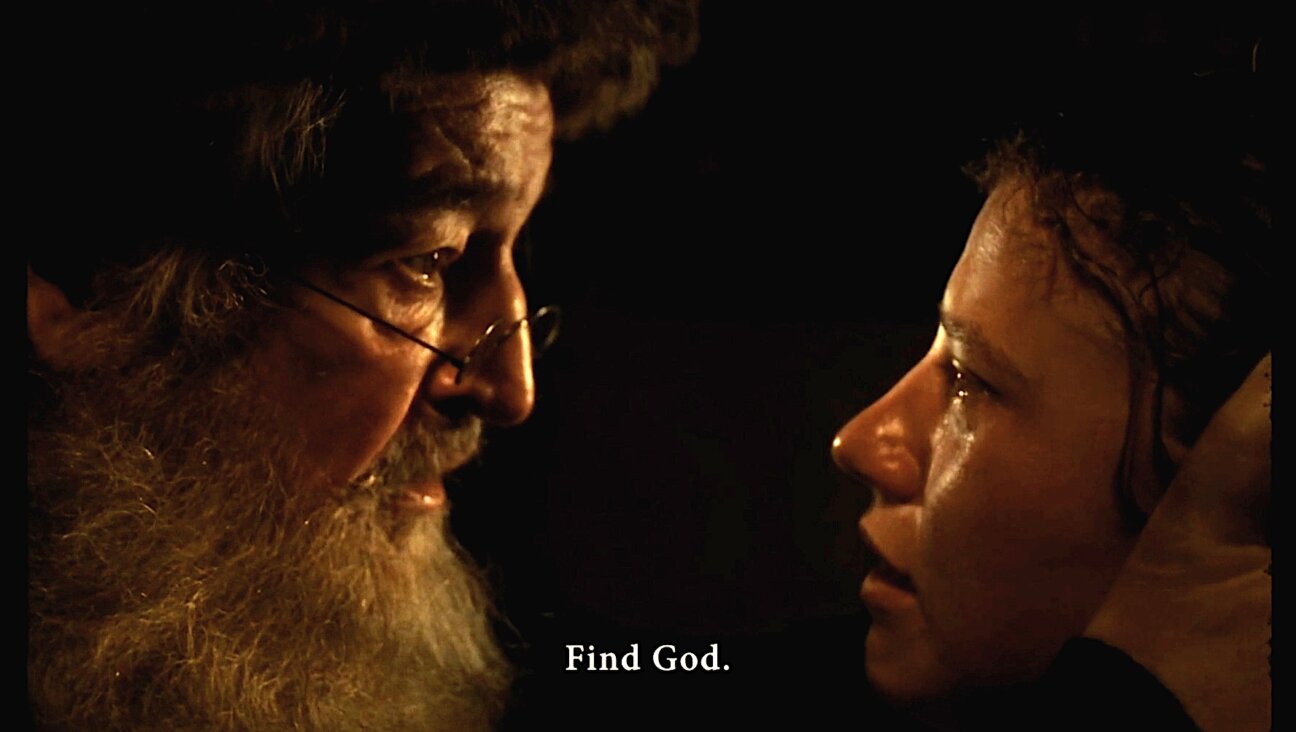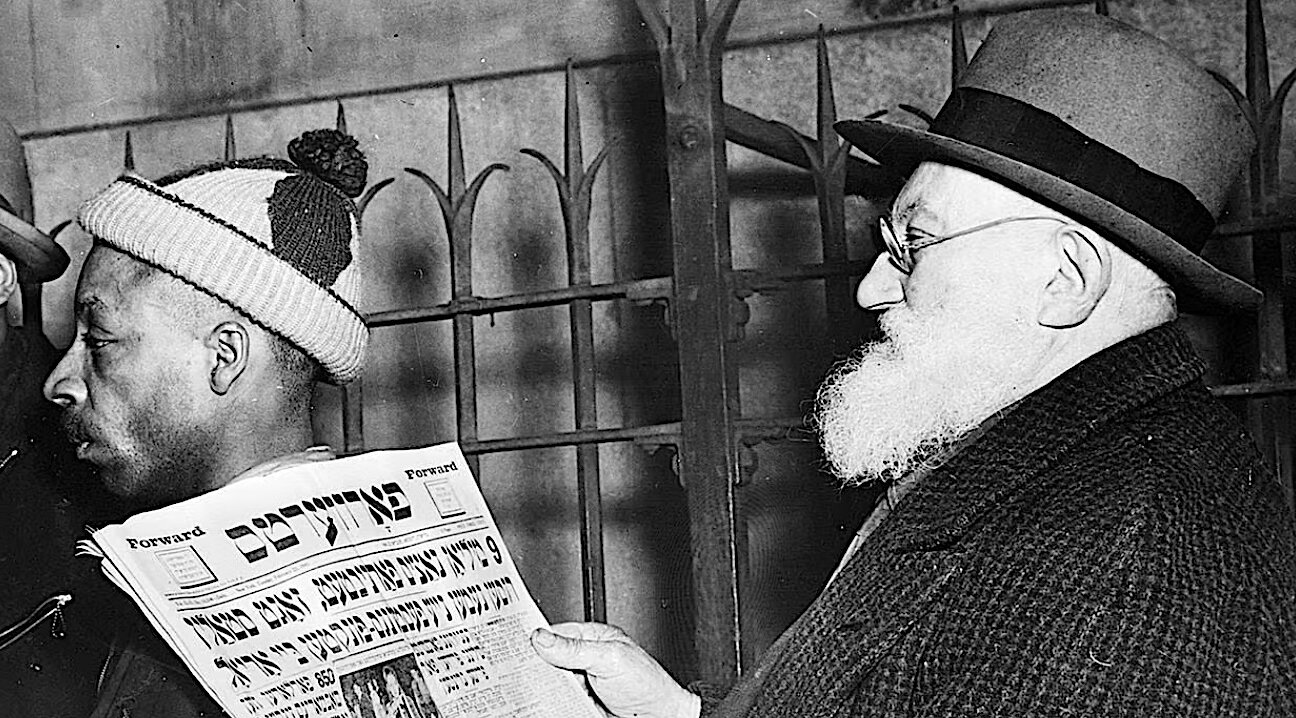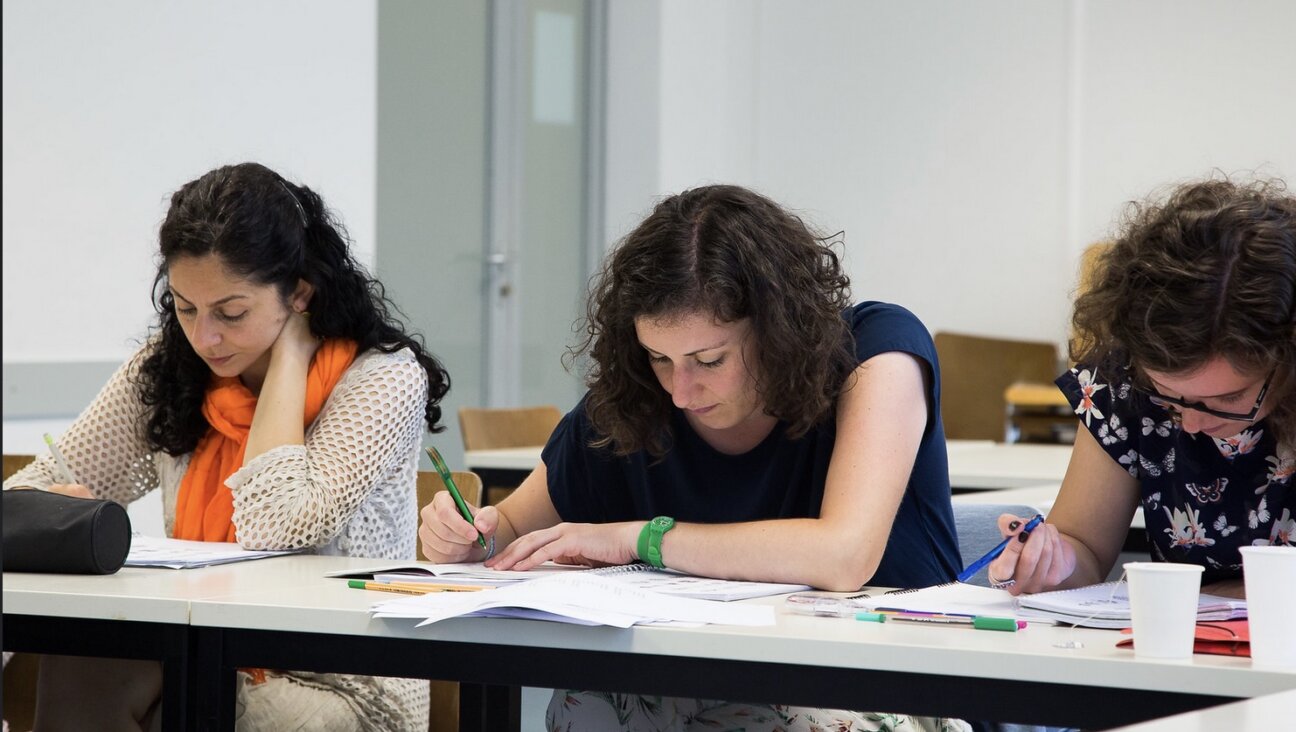VIDEO: This moving film about seven young Yiddish scholars may surprise you
In ‘The Secrets of Yiddish Poetry,’ director Nurith Aviv explores the role that Yiddish plays in their work and lives
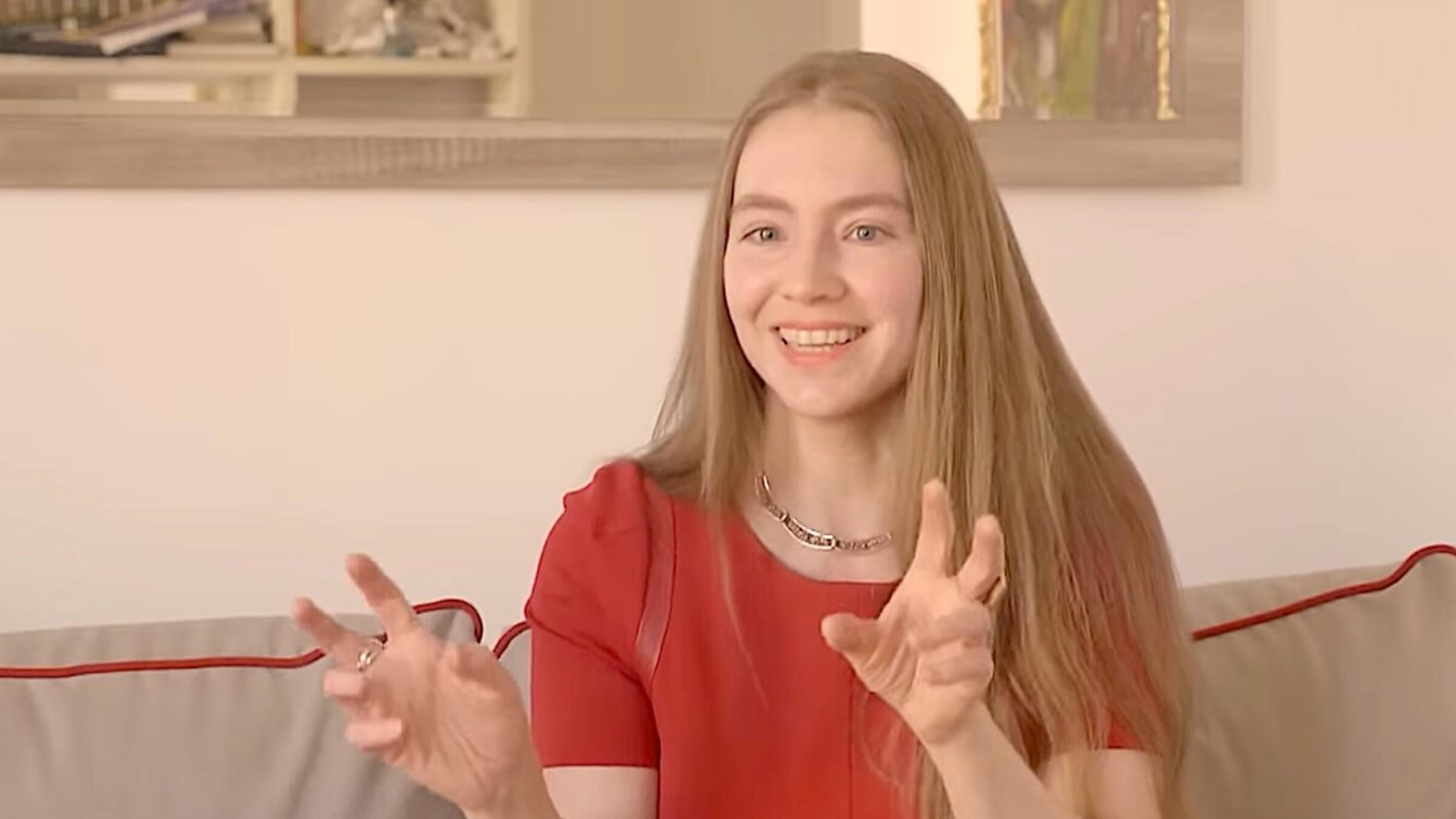
Courtesy of Nurith Aviv
A remarkable documentary about the passion of seven young people for the Yiddish language, and in particular for Yiddish poetry, was posted on YouTube this week.
In the film, The Secrets of Yiddish Poetry, French director Nurith Aviv, who was born in Tel Aviv, gives viewers a chance to hear these students and scholars — both Jews and non-Jews — describe how Yiddish inspires them in their work and in their lives.
Each of them shares their connection to a particular poet they love from the years between the two world wars, and some recite a favorite excerpt of their work. Among the poets discussed are Celia Dropkin, Moyshe-Leyb Halperin, Anna Margolin and Abraham Sutzkever. The interwar period was an exceptional era for the Jews of Eastern Europe, one which saw a deep flowering of Yiddish culture and creativity, including modernist, avant-garde poetry.
Aviv makes the point that the poets of that period were polyglots, often moving from one country to another. “The protagonists of my film also move between countries and languages,” she writes in her description of the film.
Filmed in France, Germany, Israel, Lithuania and Poland and released in 2020, The Secrets of Yiddish Poetry is itself multi-lingual, including conversations in French, Hebrew, Yiddish and English. The entire film is accompanied by English subtitles.
A message from our Publisher & CEO Rachel Fishman Feddersen

I hope you appreciated this article. Before you go, I’d like to ask you to please support the Forward’s award-winning, nonprofit journalism during this critical time.
At a time when other newsrooms are closing or cutting back, the Forward has removed its paywall and invested additional resources to report on the ground from Israel and around the U.S. on the impact of the war, rising antisemitism and polarized discourse.
Readers like you make it all possible. Support our work by becoming a Forward Member and connect with our journalism and your community.
— Rachel Fishman Feddersen, Publisher and CEO








